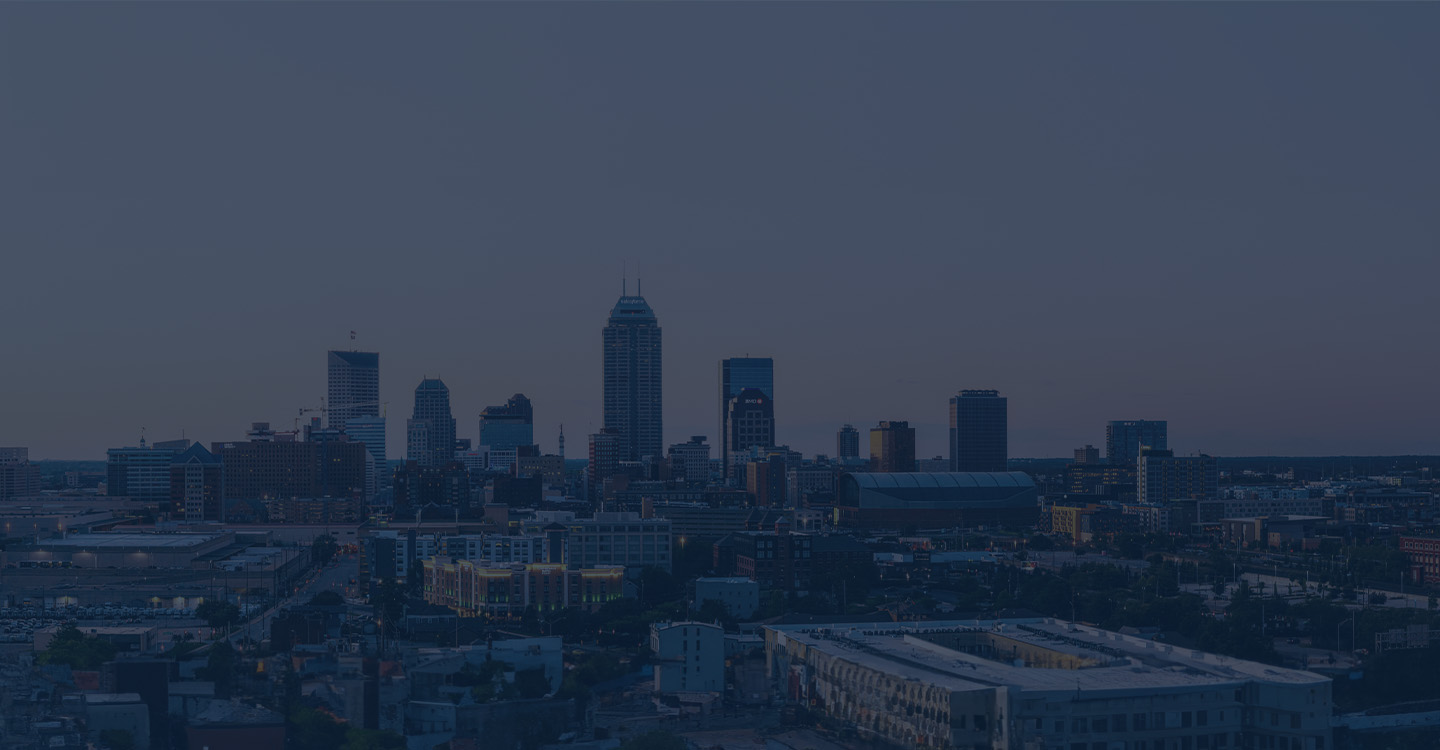Rob King & Associates, Trail Lawyers | September 29, 2025 | Car Accidents

Intersections are a necessary evil for any network of roads; they allow you to change direction and get to more places, but they also increase your risk of getting into an accident. Flashing red and yellow lights are one of many traffic control systems used in Indiana to limit accidents at intersections, but they can only do so if every driver understands them.
Traffic Control Regulations
Flashing red and yellow lights are traffic control signals described by the Indiana Traffic Code that control the right-of-way. Every driver is expected to comprehend how these signals work and respect them while driving through intersections.
If you fail to give the right-of-way to another driver when moving through an intersection controlled by one of these lights, you will likely get into a catastrophic accident. And even if you are lucky enough to avoid one, you can be issued a traffic citation for ignoring the light.
What Does a Flashing Red Light Mean?
When streetlights in front of you at an intersection are displaying a flashing red light, you should treat these signals as if they were a stop sign. Come to a complete stop before entering the crossing (at an appropriate white line, if it is present), then proceed through the intersection following the same rules if the intersection had a traditional stop sign.
Additionally, if the cross street also has a flashing red light, you should treat the intersection as a four-way stop, progressing through the intersection in the order that all vehicles reach it. If the cross street doesn’t have a flashing red light, you must yield right of way to that lane until it is clear.
While flashing red lights are usually intentionally placed, some traffic lights may flash red due to a malfunction. Should that happen while you approach an intersection, proceed the same way as if it were intentionally flashing red all the time.
What Does a Flashing Yellow Light Mean?
At an intersection, a flashing yellow light means you should proceed with caution, effectively making it identical to a yield sign. Slow your vehicle as you approach and look around for other incoming cars; if it is safe to continue without stopping, you may do so legally.
Another vehicle reaching an intersection (or already making its way through the intersection) with a flashing yellow light means you may be required to stop to ensure the safety of everyone involved. If you get into an accident because you don’t stop, you may be held responsible depending on the circumstances.
Typically, only one of two streets at an intersection will have a flashing yellow light. The other will usually have a flashing red light instead to allow for safer traffic flow. However, some intersections, usually T-intersections, may have a flashing yellow light in one direction and no traffic control in the other direction.
Respect Flashing Yellow and Red Lights
Flashing traffic lights, be they red or yellow, may be less common than other traffic control signals, but they have the same purpose as those devices: to reduce car accidents and protect drivers.
Whether you see a flashing yellow or red light as you come up on an intersection in Indiana, you should treat it with the same respect that you would give to a traditional traffic light or road sign. Failure to do so will put you at risk of either getting hurt in an accident or receiving a traffic citation.
Contact the Indianapolis Car Accident Attorneys at Rob King & Associates, Trial Lawyers for Helo Today
If you’ve been injured in a car accident, Rob King & Associates, Trial Lawyers is here to help. Contact us today for a free consultation with an Indianapolis car accident lawyer. We’ll help you get the compensation you deserve.
For more information, please contact Rob King & Associates, Trial Lawyers to schedule a free consultation with a [PRACTICE AREA] lawyer in Indianapolis, Indiana, today.
We proudly serve Marion County and its surrounding areas.
Rob King & Associates, Trial Lawyers – Indianapolis Office
320 N Meridian St Suite 906
Indianapolis, IN 46204
(317) 916-0000

